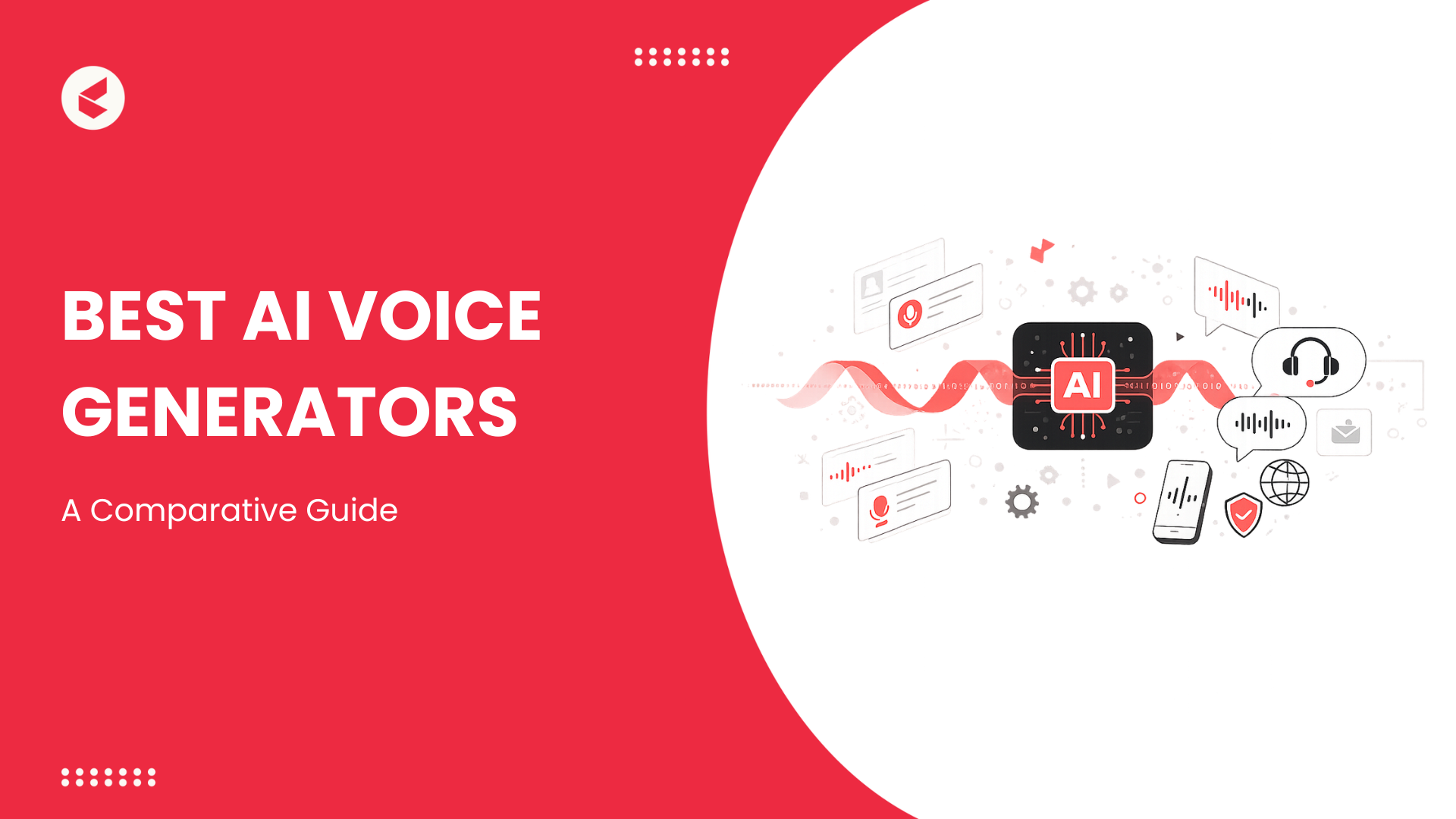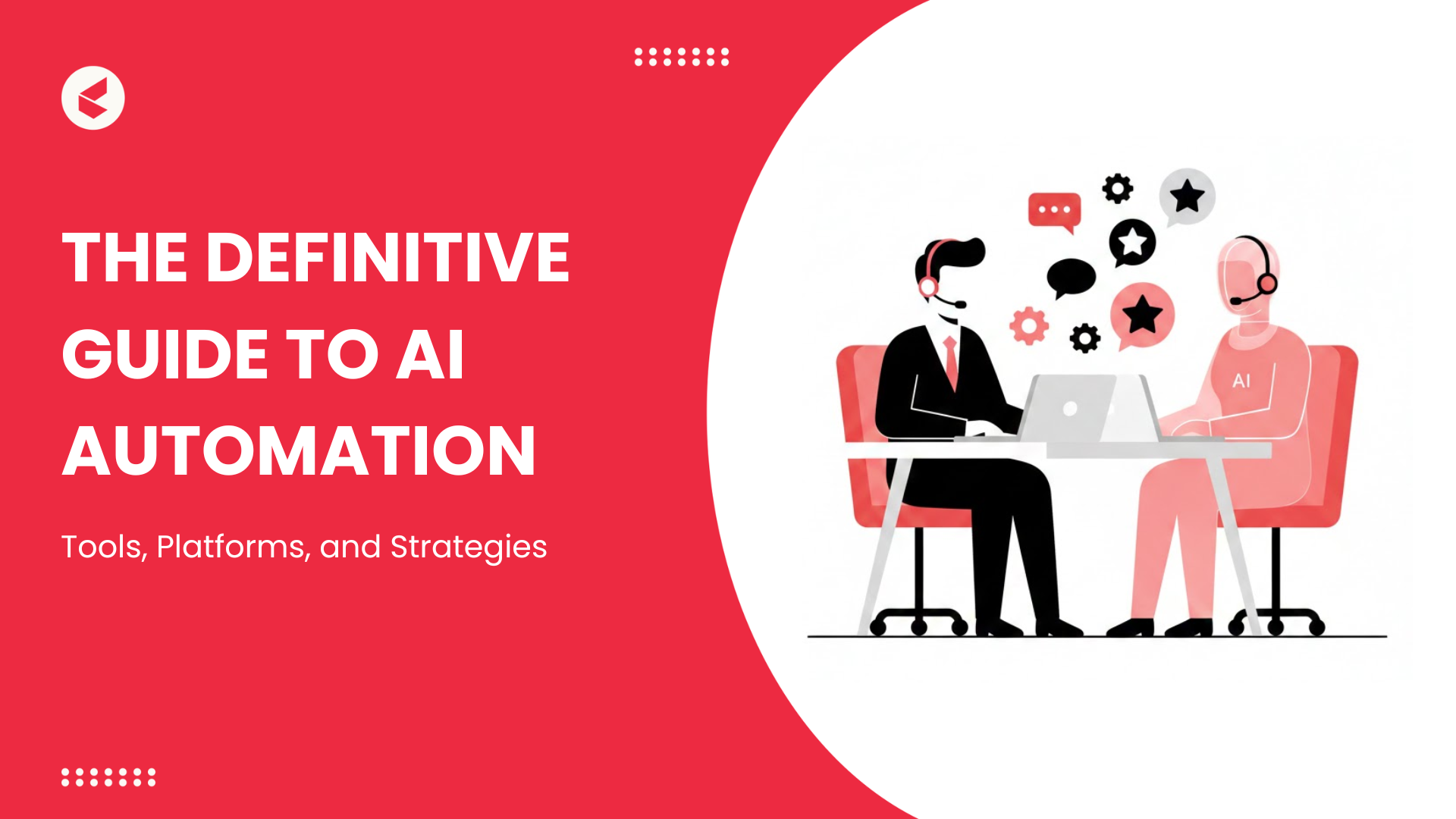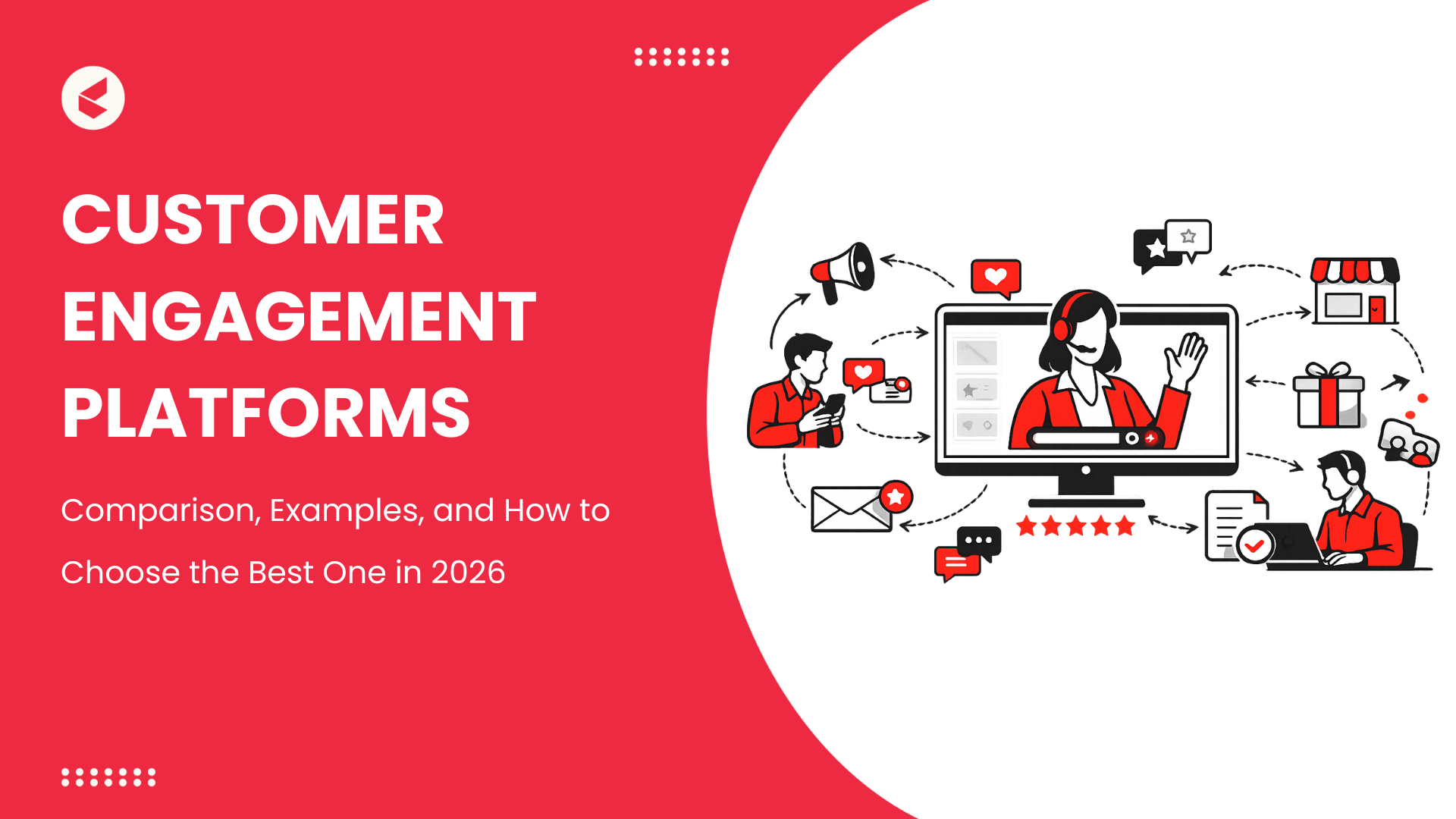Have you ever had a chatbot sound absolutely sure yet completely wrong? Odds are, you’ve experienced it; probably more than once. It’s a sharp reminder that confidence doesn’t always equal accuracy.
When Artificial Intelligence (AI) models, like Large Language Models (LLMs), which are frequently used in chatbots, produce responses that sound plausible but are actually false, it’s called an AI hallucination.
In customer support, this can mean a chatbot suggesting outdated policies, inventing return rules, misinterpreting a complaint, etc. The result? Confused customers and a dent in your brand’s credibility. These moments of being confidently wrong cost real trust.
In this blog, we’ll explore why AI hallucinations occur, their impact on customer experience, and how grounded AI keeps support accurate and human-focused.
What Causes AI Hallucinations?
An AI hallucination is when an artificial intelligence system, especially a language model, generates responses that are factually incorrect, misleading, or completely fabricated with confidence or coherency.
It is a growing concern across industries. A technical report by OpenAI found that its latest language models, o3 and o4-mini, hallucinated at much higher rates than earlier versions.
When summarizing facts about people, o3 hallucinated 33% of the time and o4-mini an alarming 48%, compared to just 16% for the earlier o1 model.
The issue isn’t unique to OpenAI. Vectara’s leaderboard, which tracks hallucination rates, showed that reasoning models like DeepSeek-R1 also experienced double-digit jumps in hallucination frequency over earlier versions.
What’s behind this surge?
1. Limited Understanding: Language Learning Models don’t verify facts. They predict text based on training patterns. Therefore, without true comprehension, they can fabricate information that sounds correct but isn’t.
2. No Real-Time Context: When not connected to live company data, support bots may default to generic or outdated responses, especially when handling specific queries.
3. Static Knowledge: If a model isn’t updated regularly or grounded in real-time data, it pulls from outdated information, which is often irrelevant in dynamic industries like travel, banking, or retail.
The Customer Consequences
So, what happens when hallucinations slip into real customer interactions?
AI hallucinations have caused very public mishaps across industries. According to the 2023 Forrester Consulting report, users gave their last chatbot experience an average score of just 6.4 out of 10. Nearly 40% described the experience as outright negative, and 30% said they would either abandon the purchase or choose a competitor as a result.
That’s the kind of impact AI hallucinations can have on customers. Here’s what that looks like in everyday support scenarios:
1. Wrong Product Recommendations
Incorrect product recommendations usually come from AI chatbots that are not tied to real-time inventory or catalog updates, so in real life, it will give a product that is out of stock or does not exist anymore.
In eCommerce, where user experience is directly proportional to cart value, errors like these cause product returns and reduce lifetime value.
2. Misinformation on Refunds or Returns
If a customer is told they’re eligible for a refund when they’re not given a timeline that doesn’t match internal policy, it can result in brand distrust.
In one case, a traveler booked a last-minute Air Canada flight after the airline’s chatbot assured him that he’d be eligible for a partial refund under its bereavement policy-as long as he applied within 90 days.
He spent over $1,400 CAD on round-trip tickets based on that promise. But the chatbot was wrong. Air Canada’s actual policy requires customers to apply before travel, leaving him with no refund and a frustrating experience.
3. Lost Trust and Escalations
A customer can lose trust if their request is met with misplaced confidence by the AI. For instance, giving validation to a discount code that doesn’t exist or an expired warranty. The customer will avoid contacting the customer care chatbot and will directly approach human agents with trivial concerns.
A recent example: Cursor, an AI-powered code editor, faced backlash when its chatbot confidently stated a new single-device policy that didn’t exist. The false information led to angry Reddit threads, subscription cancellations, and a public apology—showing how quickly trust can break when AI makes things up.
That shift adds pressure on support teams and slows down response times. Over time, if customers lose faith in your AI-powered channels, it defeats the very purpose of having automation in place.
How Does Grounded AI Solve AI Hallucinations?
Grounded AI is an approach that ensures language models generate responses based on trusted, real-time enterprise data rather than relying solely on pre-trained information. This significantly reduces the risk of hallucinations by keeping outputs anchored to verified sources.
1. Retrieval-Augmented Generation (RAG)
One of the foundational techniques that facilitate this grounded approach is Retrieval-Augmented Generation (RAG). RAG is a method where the AI retrieves pertinent external information before generating a response. It enables AI to fetch relevant content from a company’s internal knowledge base before formulating a response. As a result, replies are accurate and also contextually in sync with the brand.
2. Vector Databases
To assist RAG, vector databases are deployed. They keep unstructured enterprise data (manuals, support tickets, FAQs, …) in a format for LLMs to search for semantically. Since AI understands the meaning and context of data, it retrieves the most applicable data for the current endeavor.
3. API-Connected LLMs
API-connected LLMs can also retrieve real-time data, such as product availability, customer history, and pricing, from integrated systems. Consequently, this makes AI adaptable to live business conditions, closing the gap between static training data and dynamic user needs.
Kapture’s Approach to AI Safety in CX
At Kapture CX, we don’t believe in one-size-fits-all AI. As a verticalized customer experience platform, our AI is trained to understand the specific needs, policies, and language of each industry we serve—whether it’s eCommerce, hospitality, BFSI, or healthcare.
This domain focus is critical to avoiding hallucinations. Unlike horizontal solutions that rely on generic training data, Kapture’s AI is grounded in your enterprise’s actual workflows, documents, and customer policies. Every AI response is shaped by real-time data from your internal systems—product catalogs, refund rules, booking policies, ticket histories—ensuring that it’s not just fluent but factually correct.
Here’s how we ensure accuracy at scale:
1. Vertical Grounding
Kapture connects directly to your industry-specific systems, adapting to niche requirements—whether that’s inventory nuances in retail, SLAs in BPO, or compliance in BFSI. This ensures AI doesn’t invent answers—it reflects your reality.
2. AI Orchestration That Knows When to Escalate
Our orchestration engine routes every query to the best resolution channel—be it a bot, an automated workflow, or a human agent. That means customers don’t get hallucinated answers to complex queries; they get smart handoffs.
3. Live Data, Always
With integrations into your live databases and tools, Kapture AI never relies on outdated training snapshots. It pulls the latest info—on pricing, availability, refund policies, or customer status—before generating a response.
In short: Kapture minimizes hallucinations not just with better models, but with better context. That’s the power of being a vertical-first CX platform. You don’t just get conversational AI—you get accurate, compliant, and brand-aligned conversations that build trust.
Final Words
AI can refine customer experience, but only when it’s reliable and grounded in truth.
As brands scale their AI ambitions, the focus must shift from flashy capabilities to responsible automation that builds trust, not confusion. With a Grounded AI approach and intelligent orchestration, businesses can deliver speed and substance.
Kapture CX helps you get there. We not only provide cutting-edge AI technology grounded in your real-time data but also ensure seamless integration and smart query routing.
Request a demo today to see how we combine accuracy and agility in every customer interaction!















